Legal action brought against the VW Group following the ‘dieselgate’ scandal will be heard at the High Court tomorrow (Tuesday, March 27).
Lawyers will outline an application for a Group Litigation Order as part of a three-day hearing to decide the deadline for claims to be brought against the carmaker in England and Wales.
Director of Your Lawyers Aman Johal, a solicitor acting for more than 10,000 claimants, is seeking to be appointed a lead solicitor in the pending class action, set to be the biggest consumer class action in England and Wales.
Subject to court approval, the deadline for claims is likely to be in November 2018 for anyone who has bought or leased a diesel vehicle manufactured by the VW Group (which includes Volkswagen, Audi, Seat or Skoda) between 2009 and 2015.
Almost 1.2 million Volkswagen diesel vehicles were affected in the UK.
Johal said: “It is time that victims of Volkswagen’s emissions scandal achieve justice and that their voices are heard.
“Millions of people have been subject to harmful emissions, and consumers have lost money as a result of the scandal.
“We are working hard to seek damages for claimants in the UK who are yet to receive anything, unlike their US counterparts, where Volkswagen agreed a $25 billion settlement with owners, regulators, states and dealers.
“Once we have an agreed deadline, we urge claimants to stand up and put forward their cases to finally get the recognition and compensation they deserve.”
The VW Group has previously told Fleet News that a difference in legislation was the reason behind the lack of a 'goodwill payment' to vehicle owners in the UK.
A spokesman said: "There is no buy-back deal or compensation for drivers outside the US. That is because the relevant facts and complex legal issues that have played a role in coming to these agreements are materially different from those in Europe and other parts of the world.
"Regulations governing nitrogen oxide (NOx) emissions limits for vehicles in the United States are much stricter than those in other parts of the world and the engine variants also differ significantly. This makes the development of technical measures in the United States more challenging than in Europe and other parts of the world, where implementation of an approved program to modify TDI vehicles to comply fully with UN/ECE and European emissions standards has already begun by agreement with the relevant authorities.”

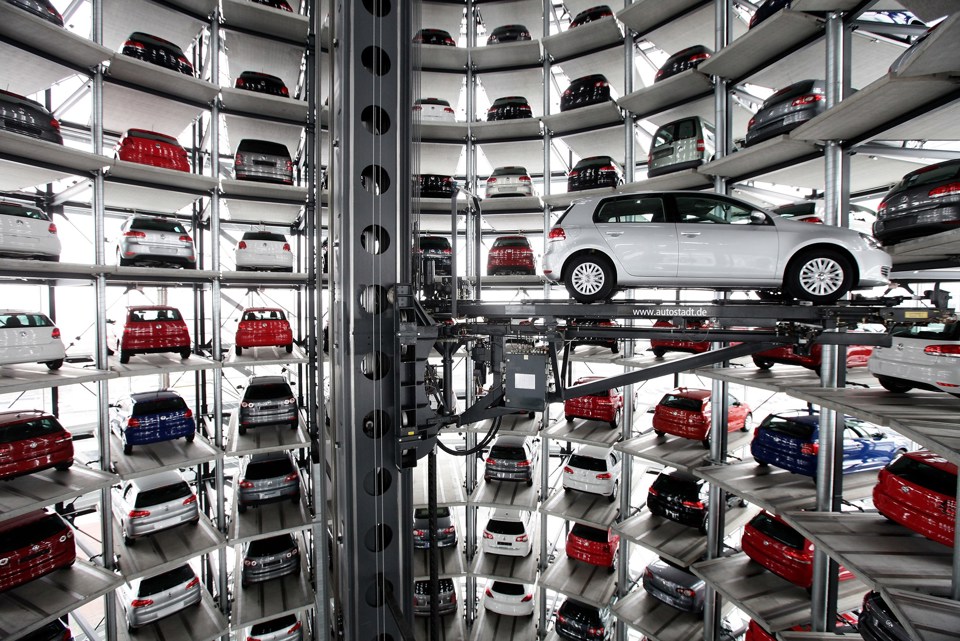



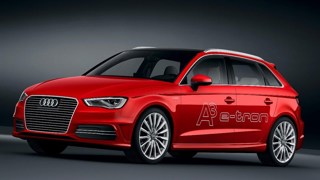
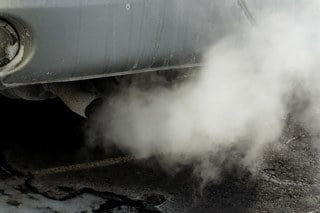
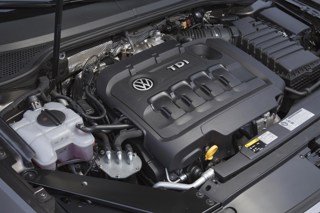
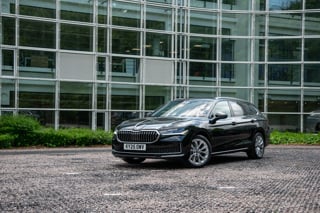
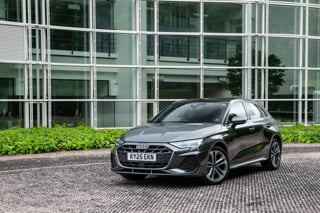












Login to comment
Comments
No comments have been made yet.